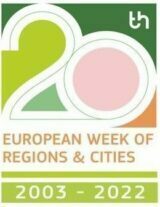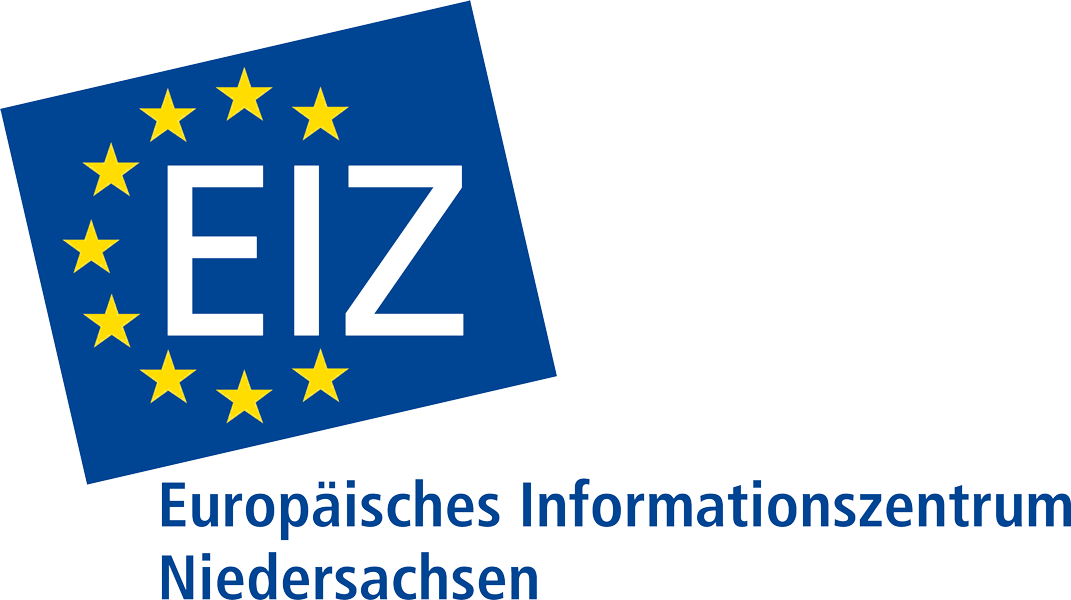
Die 20. European Week of Regions and Cities (Europäische Woche für Regionen und Städte) findet vom 10. bis 13. Oktober 2022 unter dem Motto „Neue Herausforderungen für den Zusammenhalt in Europa“ statt. Die diesjährigen Themen sind der ökologische und der digitale Wandel, der territoriale Zusammenhalt und die Stärkung der Rolle junger Menschen – unter besonderer Berücksichtigung der Bedeutung der Kohäsionspolitik für die nachhaltige Erholung Europas und als wirksamstes Instrument für Solidarität in Notfällen und nach Krisen.
Auch in diesem Jahr wird die „European Week of Regions and Cities“ (EWRC) erneut im virtuellen Format stattfinden.
Das Programm für die European Week of Regions and Cities mit über 1000 Rednern ist jetzt online. Registrierungen sind ab sofort möglich (nicht über Internet Explorer).
Niedersachsen beteiligt sich am 11.10. von 11.30 Uhr bis 13.00 Uhr zusammen mit seinen Partnern (Abruzzen, Niederschlesien und den Nordniederländische Provinzen) mit einer Podiumsdiskussion zum Thema „Regional pathways to a European green transition: how to accelerate from the bottom up“ an der EWRC. Das Grußwort wird von Ministerin Honé gehalten. Weitere Informationen zum Workshop (CODE: 11WS22371) finden Sie hier
Die EWRC wird gemeinsam von der Europäischen Kommission sowie dem Ausschuss der Regionen organisiert und stellt die größte regionalpolitische Veranstaltungs- und Konferenzreihe in Europa dar. Im Jahr 2021 verzeichnete die EWRC mit insgesamt 300 Workshops und Konferenzen sowie mehr als 12.000 Teilnehmenden neue Rekorde.
Unter dem Motto “ New Challenges for Europe’s cohesion “ wird die #EURegionsWeek in diesem Jahr vier thematische Schwerpunkte behandeln:
- Green transition: how EU’s regions and cities are driving a green transition for people addressing both short and long- term green transition challenges and leaving nobody behind? What are the actionsto increase sustainability using the new generation EU programmes? How does the green revolution happen on the ground, ensuring its inclusiveness and fairness? How the gender dimension is addressed in green transition by the EU’s regions and cities? How they
are raising awareness on the ground of the necessity of the transition process? How the EU’s regions and cities tackle the demographical challenges of the green transition? What is the vision for the next 10 years? How the stakeholders are consulted on the issues related to the
green transition process? - Territorial cohesion: How do we assess the achievements and challenges of EU cohesion programmes and their contribution to reducing territorial and social disparities? What is the role of cohesion policy today for strengthening the EU values and what are the synergies with other investment tools to tackle the pandemic effects and contribute to a long-term economic and social recovery in Europe? What is the impact of the work of regions, cities and other
territories for the post-pandemic recovery and how will they use the new generation of Cohesion policy funds? - Digital transition: how can the new generation of EU programmes and financial tools contribute to 2030 digital targets, facilitate our economy’s and society’s digital transition? How can regions and cities delivere a successful digital transition by addressing the specific targets around four cardinal points of this transition, by addressing (a) digital skils; (b) digital infrastructures; digitalisation of (c) businesses and (d) public services? What is the role of
regions and cities in addressing the digital challenges? - Youth empowerment: how can we mobilise young generations for re-launching local economies and reflect on the future of Europe and its institutional and policy framework? What are the lessons learned from the Conference on the future of Europe? How can EU, national and regional institutions address young people’s needs?

 Möchten Sie mehr über die Europäische Union wissen und über ihre Zukunft mitdiskutieren?
Möchten Sie mehr über die Europäische Union wissen und über ihre Zukunft mitdiskutieren?

